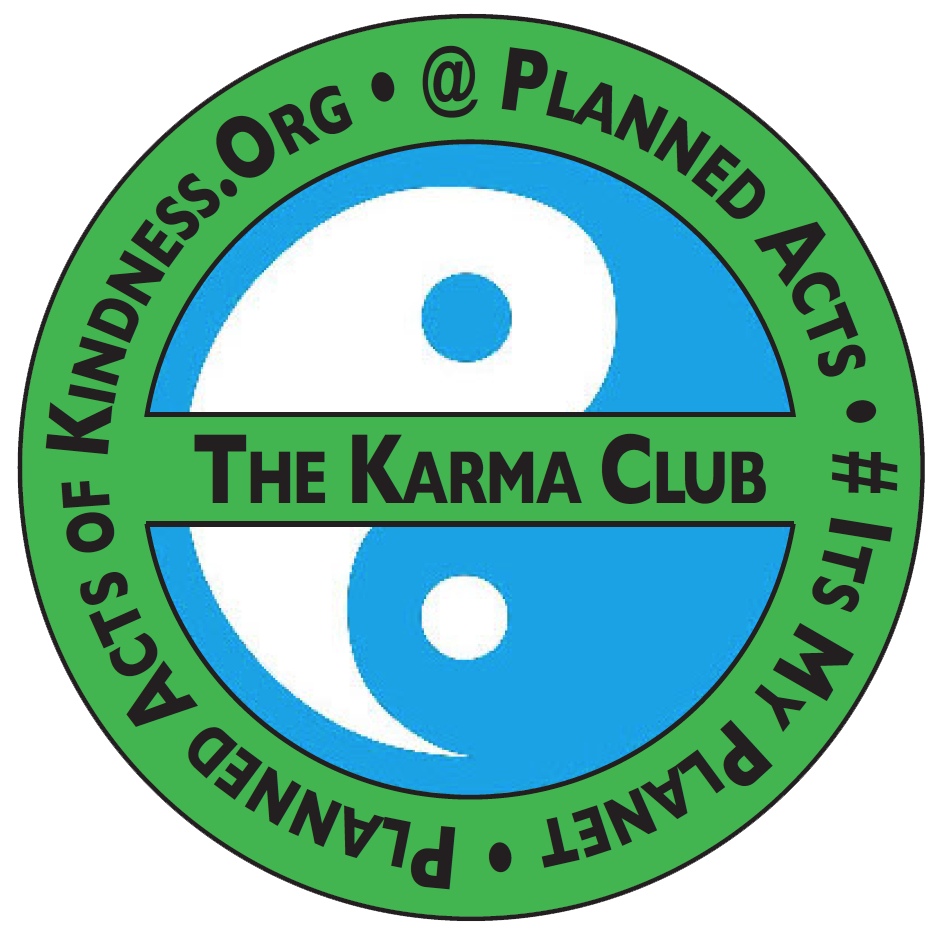What is Karma & why it matters?
The word “Karma” literally means “deed” or “act” and more broadly names the universal principle of cause and effect, action and reaction, which Hindus and Buddhists believe govern all consciousness.
In simple terms, Karma is the law of causality where good deeds, words and thoughts lead to beneficial outcomes for a person, while bad deeds, words and thoughts lead to harmful outcomes. Good actions and intentions reap good rewards. Bad actions and intentions result in suffering and pain.
In essence, Karma acts to shape an ethical worldview that works to govern individuals and the moral order of society and the universe.
Karma is not fate: Our actions are our own to choose, and we create our own destinies. We have the freedom to act, but not always to escape the consequences of our actions.
And, despite the apparent lack of justice in the world, a life of love and compassionate action is never wasted because the mysteries of karma and good fortune are not always readily apparent.
What we do (or what we don’t do) today, tomorrow, and in the foreseeable future, is going to determine the fate of life on this planet.
So, it’s about time that we unite together — as both individuals and members of the Human Race — to work on the health of ourselves, our families, our communities and our planet …



Leave A Comment
You must be logged in to post a comment.